What to eat before drinking - foods to have before, during and after a night out
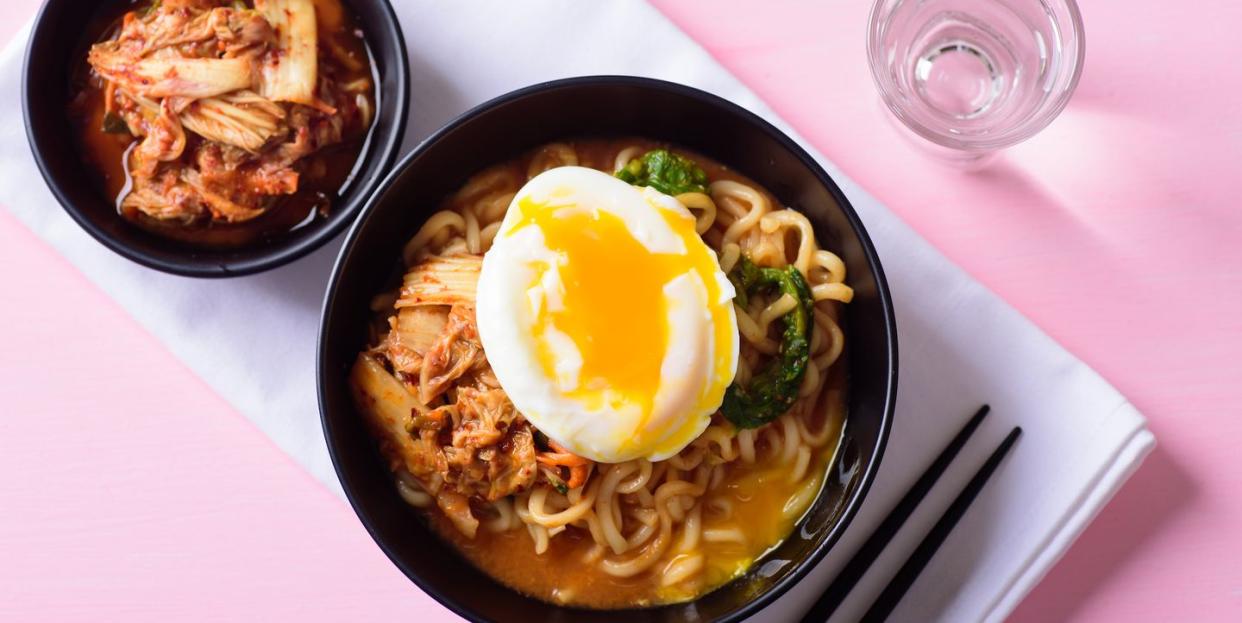
By this point, we all (sadly) know that the only way to avoid having a hangover after drinking alcohol is to, well, not drink the alcohol - or at least an excessive amount of it - in the first place. But, there are a few other tricks and tips you can incorporate into your night out routine that'll hopefully help you to feel less rough come the morning. And it a lot of it starts with diet.
The foods you eat before drinking can not only help you to stay hydrated and full throughout a night of boogieing and sipping on your preferred poison, but the meal you eat can also play a part in how bloated you feel on the dance floor, too.
As a reminder: the NHS recommends that men and women stick to drinking no more than 14 units a week, ideally spread over three or more days. As an example, one 750ml bottle of wine (ABV 13.5%) contains 10 units, a single shot of a spirt is one unit and a 330ml bottle of beer is 1.7 units.
Keen to get to know what the very best foods to eat before drinking alcohol are, we spoke to Dr Kathryn O'Sullivan, a Nutrition Scientist for BIOMES, who specialise in good gut health, to get her expert advice. "The sad truth is there's no real 'cure' for a hangover, but there are certainly ways to help lessen its impact and hasten recovery," she explains. "Re-hydration, blood sugar levels and your gut health are the main areas to focus on."
Read on for her meal and food ideas:
What to eat or drink before a night out
1) Lots of water
"Aim to drink at least two litres of water during the day," says Dr O'Sullivan. "I'd also recommend having a pint of water with your dinner before going out." Staying hydrated is key, people! You could even add an additional slice of lemon for a bonus health kick too, livers love lemon.
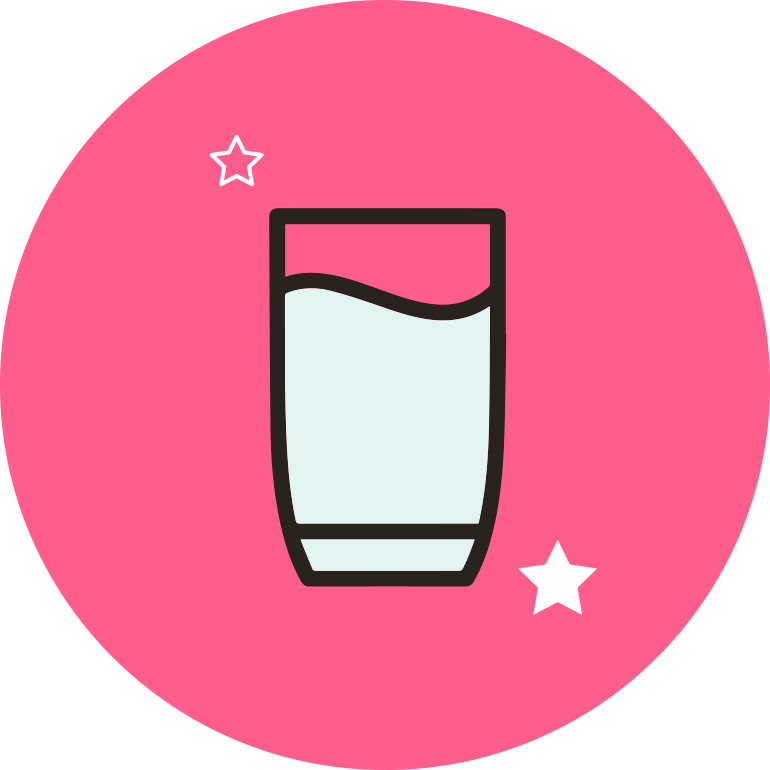
2) Fruit juice or kombucha
"Additionally, you could have a glass of fruit juice to keep your Vitamin C levels topped up (as Vitamin C is one of the nutrients alcohol depletes), or kombucha, a gut friendly fermented tea," says Dr O'Sullivan.
She adds that a probiotic, such as kefir, could also give your microbiome a boost of friendly bacteria, as well as help to line your stomach and slow down the rate of absorption of alcohol into your blood.

3) Load up on (healthy) fats
Foods with a higher fat content remain in the stomach for longer, meaning the longer the belly is 'lined', the slower the rate the alcohol will be absorbed into your blood will be (and hopefully the less likely you are to feel like death the next morning). Salmon, avocado and nuts are all great options.
4) Opt for an Asian dinner
"Go Asian if you are eating out, as it's great for the microbiome with its plant-based cuisine and fermented drinks," says Dr O'Sullivan. "Sushi, ramen, miso soup, kimchi and stir-fry, which are the basis of many Asian cultures, are ideal to your gut bacteria." If you're eating at home, try searching out a recipe for miso brown rice and salmon, a chicken noodle stir-fry or for a veggie alternative, a butternut squash curry with chickpeas.

5) Add some liver-loving ingredients
Turmeric, cinnamon, kale, broccoli, beetroot, avocado and lemon are all fantastic foods for helping support the liver, so it's not a bad shout to eat plenty of these during the day before you head to the pub either.
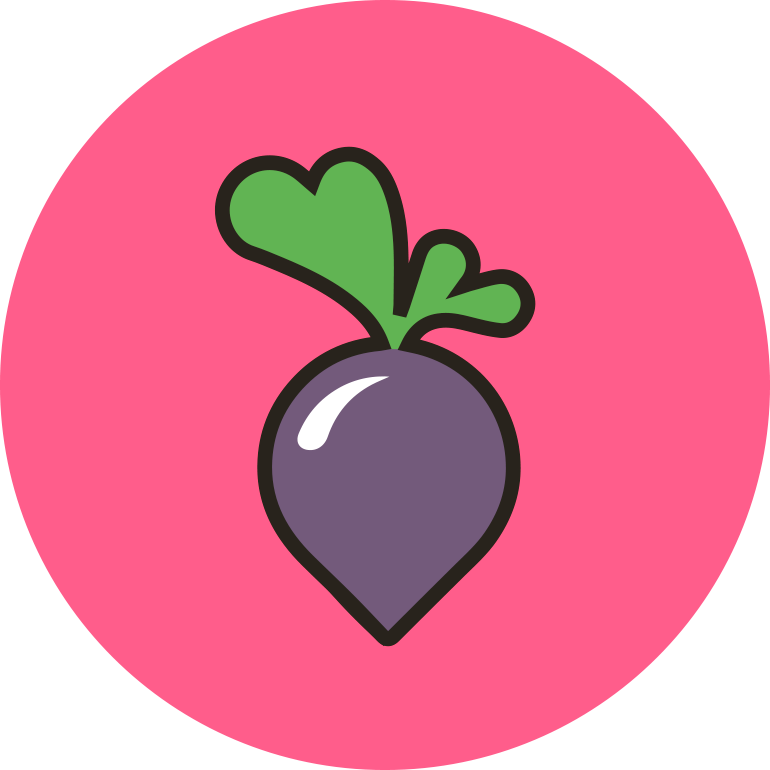
What to eat while drinking alcohol
6) Plant-based or dairy
"Eating while drinking will slow down the rate of alcohol absorption, making it a good idea," advises Dr O'Sullivan. "If you're trying to find food on the go, opt for plant-based choices or dairy foods with live cultures, like yoghurts and cheeses." Pop into your local deli or supermarket, and seek out wholegrain wraps or sandwiches, or salads bursting with plants, cheeses, nuts and pulses. Again, sushi could be a helpful option to grab and munch on the bus while on your way to the club after pre-drinks, as would a smoothie with vegetables, fruit, seeds and live yoghurt.
7) Olives or nuts
Avoid salty snacks if you can, as they can add to dehydration, cautions Dr O'Sullivan. "Slow-release carbohydrates, like olives, nuts, chickpea and fava bean snacks, even bread and humus will also help steady blood sugar levels," she adds. "This will help you feel less drunk and ease hangover symptoms later."
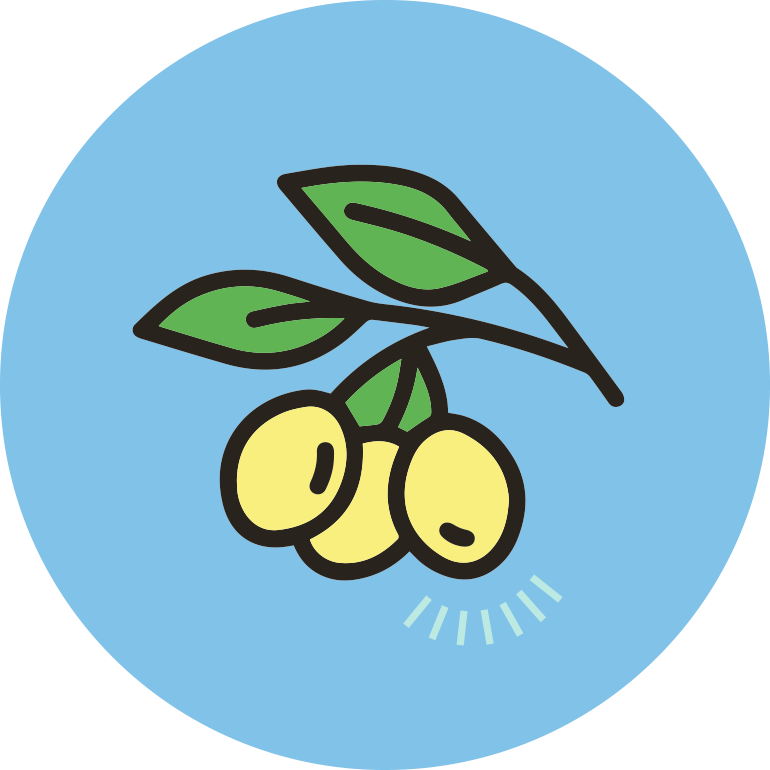
8) Avoid fizzy and sugary drinks
If you struggle with bloating, it's best to steer clear of any carbonated drinks, such as champagne and even fizzy water, as they can speed up the rate of alcohol absorption, making you feel drunk quickly. "They can also cause the dreaded bloating," confirms Dr O'Sullivan. "Alcohol irritates the gut which is another cause of bloating. Dysbiosis [sometimes defined as an 'imbalance' in the gut microbial community and has been found to be linked to certain diseases, such as rheumatoid arthritis] can do the same - another reason to focus on your gut."
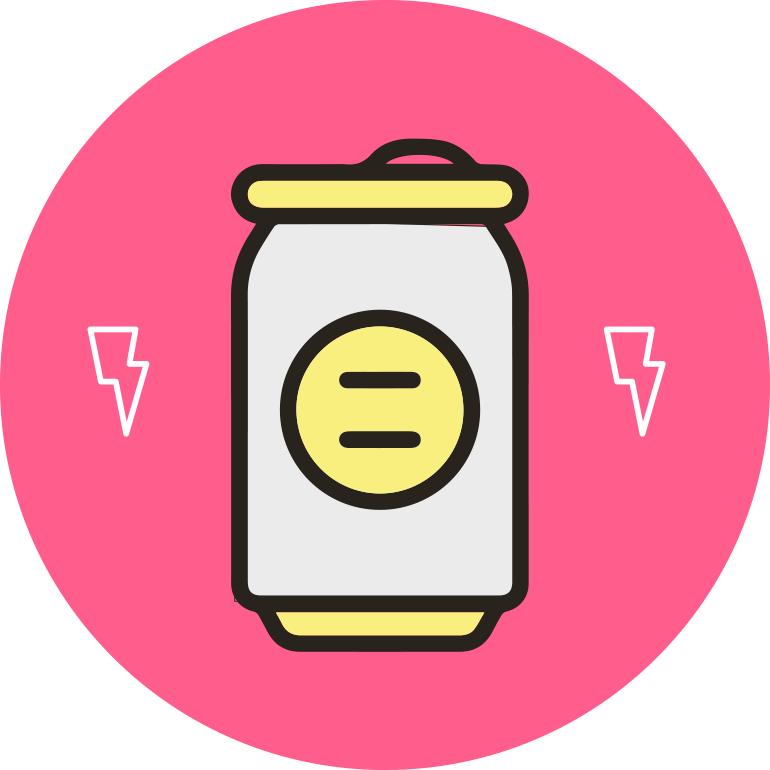
The best foods to eat when you're hungover
9) Avoid coffee, go for fruits
We're so sorry to be the ones to break this to you, but coffee isn't on Dr O'Sullivan's list of recommended quick-fixes. "No coffee, please, it will only dehydrate you further," she says. "Stick to water to re-hydrate, and kombucha or fruit juice to replenish your microbiome and replace depleted vitamins."
She also recommends trying a smoothie containing bananas, as they're rich in potassium and help to restore your electrolyte balance. "Electrolyte sports drinks can help with this too,"Dr O'Sullivan adds. "Choosing hydrating foods like watermelons, celery, strawberries and basically all fruits, will be a refreshing way to rehydrate."

10) Choose your meal wisely
Alongside fruits vegetables (think: spinach, kale, sweet potatoes, carrots, peas, peppers, tomatoes, cucumber), dairy (such as cow’s milk, yogurt, cheese, milk alternatives like almond or soy) and whole grains (bread, granola, oats, rice, pasta) will do you the world of good.
"Team them with proteins (eggs, beans, meat, nuts, eggs, dairy), fats (avocado, sunflower seeds, olives, cashew, peanuts, almonds) and a pre or probiotic supplement if you can," says Dr O'Sullivan. Eggs and avocado on wholegrain toast? Coming right up!
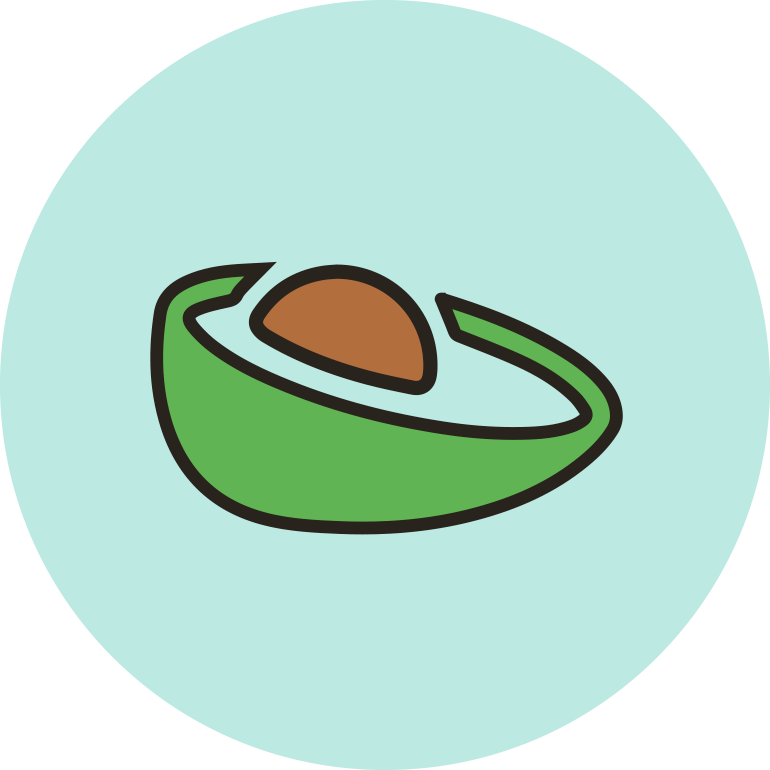
You Might Also Like


